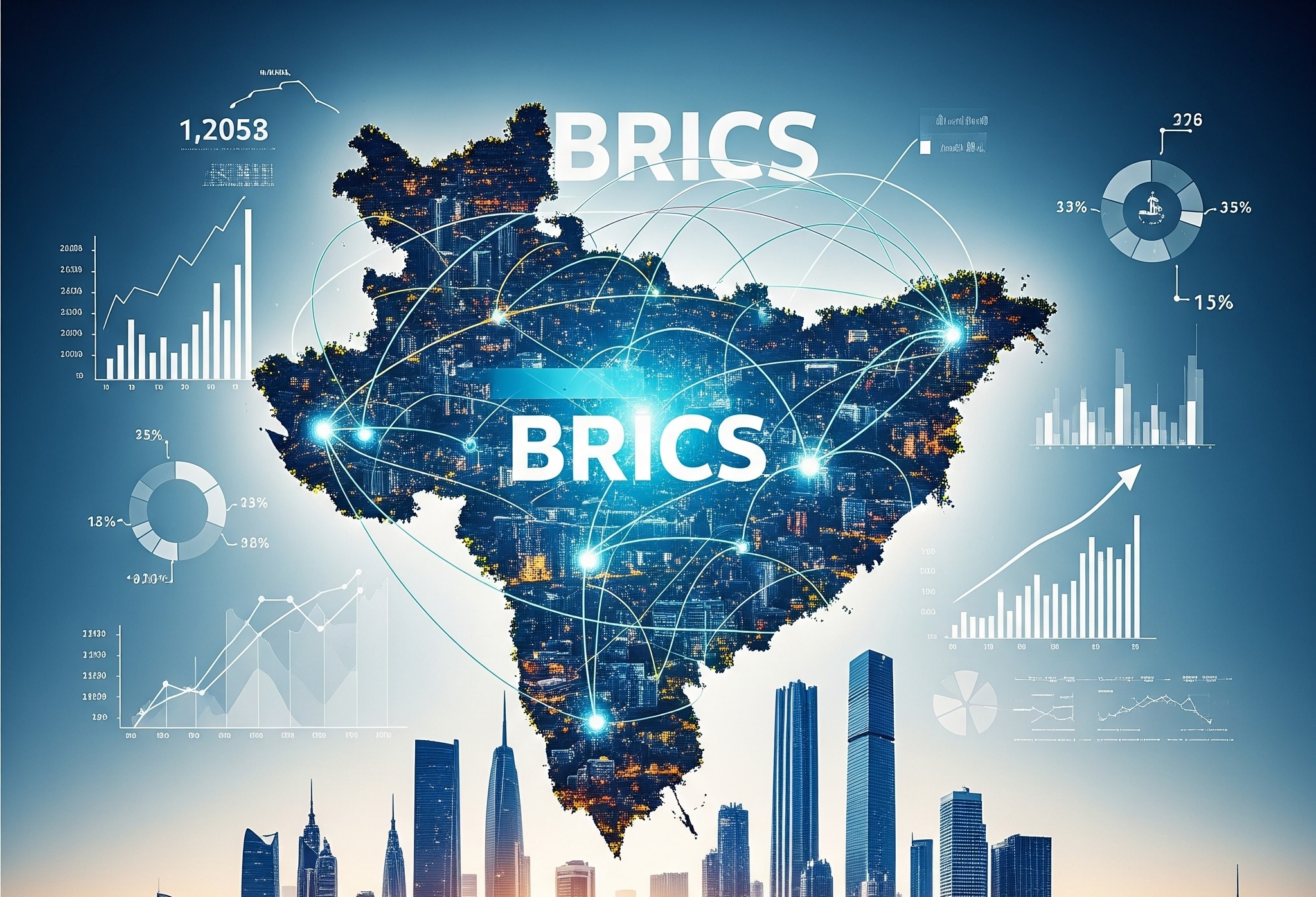- Sending money home to family
- Running a business that pays overseas suppliers especially in BRICS countries where local currency settlement and faster transfer rails are emerging
- Receiving freelance payments from international clients
- Managing payroll for a cross-border team
- More currency options
As BRICS nations deepen financial cooperation, they are promoting the use of local currencies like the Chinese yuan, Indian rupee, or Brazilian real in cross-border trade and payment agreements. This push reduces dependency on the US dollar and encourages payment services to support these currencies—helping users save on conversion fees and making transactions more direct in certain corridors. - Faster and more direct payment routes
Some BRICS countries are building direct payment linkages—bypassing the need for long, costly settlement processes. That means faster transfers and clearer tracking, especially in Asia, Africa, and the Middle East. - Alternatives to traditional systems
Proposals for a shared digital currency or BRICS-focused settlement network may lead to new platforms that offer more choices—particularly in regions with limited access to established systems.
- Regulatory differences
Each country still has its own rules on money movement, taxes, and data protection. What’s compliant in one place may not be in another, which means choosing a licensed and trusted provider remains essential. - Currency risks
If payments are made or received in local BRICS currencies, exchange rate fluctuations can affect the final amount you get. Keeping an eye on FX trends is increasingly important. - New corridors, new benefits
As BRICS countries deepen trade and financial ties, it may become easier—and cheaper—to send money across new routes (e.g., India–UAE, China–Brazil). This is especially valuable for businesses and freelancers who deal with emerging markets.
- More options for how and where to send money
- Better speed and transparency in some corridors
- Greater need to stay informed about rules and risks
The global shift being driven by BRICS isn’t just about geopolitics—it’s reshaping how everyday people and businesses move and manage money across countries. While the full impact won’t happen overnight, the changes are already underway, and staying informed will help you take advantage of what’s coming.

